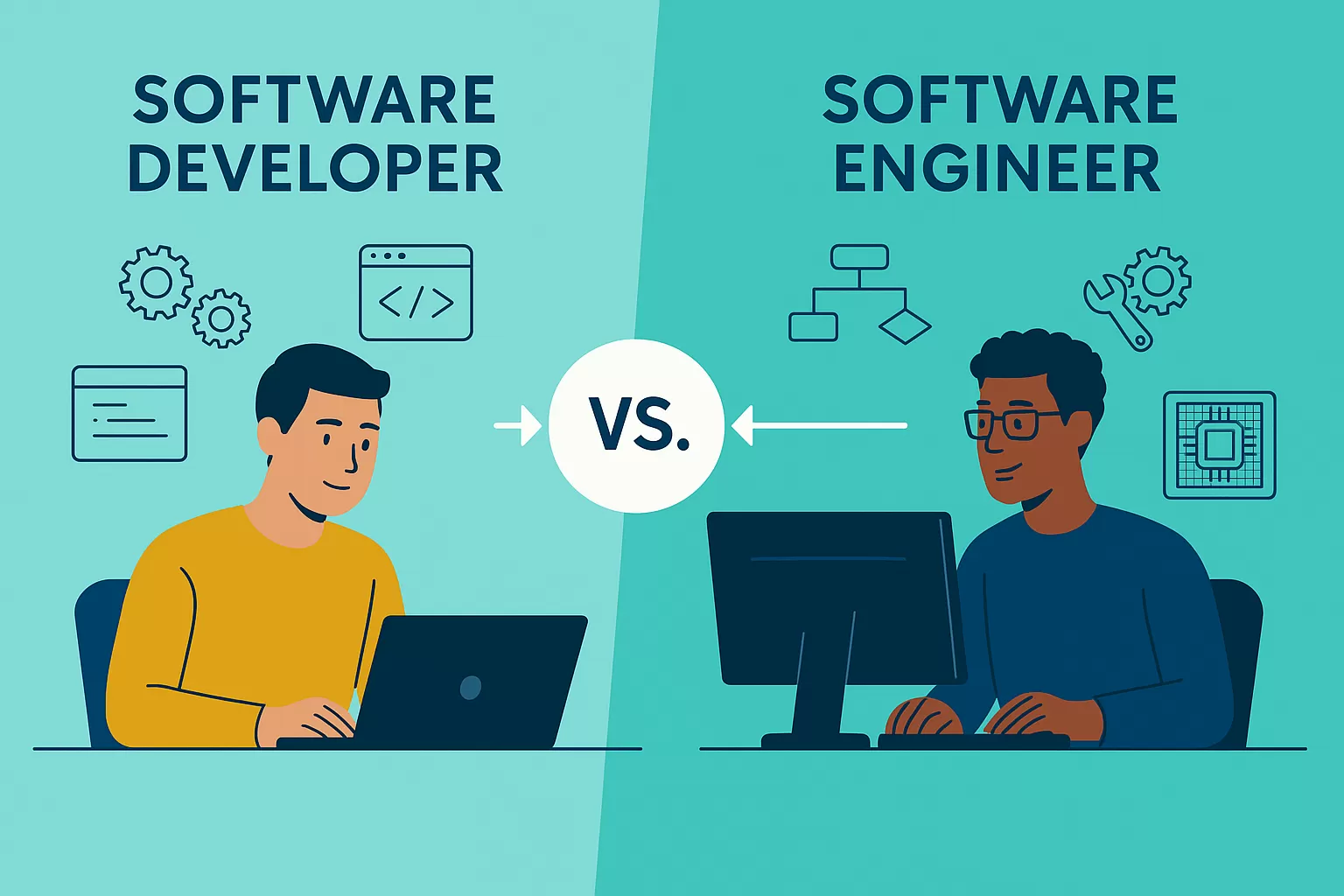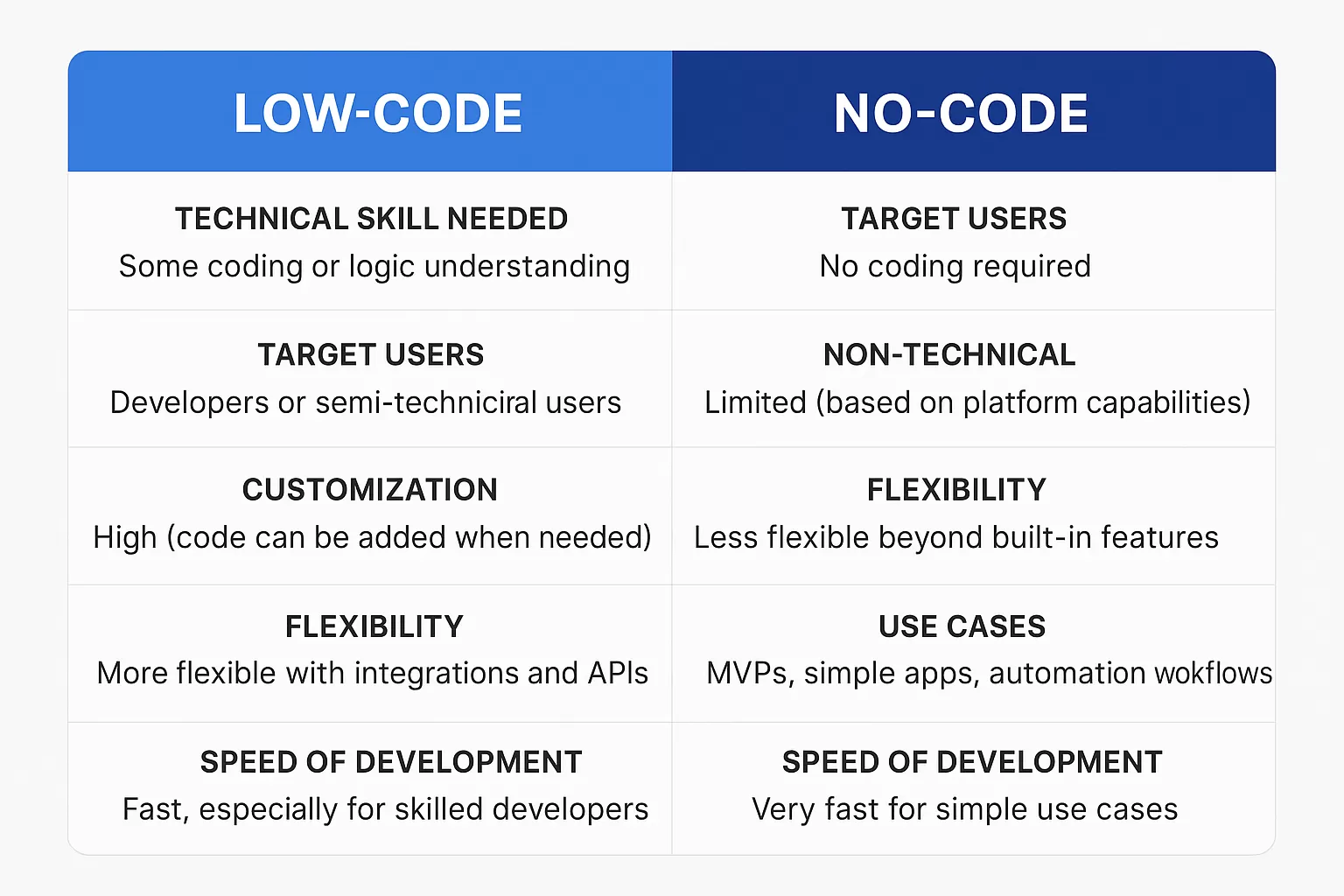
- Services .
- Industries .
- Company .
Explore detailed insights, expert opinions, and updates in our blog. Stay informed, discover new perspectives, and enhance your knowledge with every read.

In today's fast-paced digital landscape, businesses need high-quality software delivered fast. Whether it’s a startup building its MVP or an enterprise scaling systems, programming outsourcing has become a go-to strategy.
But how does it actually work?
This guide will walk you through how programming outsourcing functions, specifically in the context of web and mobile app development, and give you a truthful, behind-the-scenes look at what happens—from idea to deployment.
Programming outsourcing is the process of hiring external developers or agencies to handle your software development tasks instead of building everything in-house.
This can include:
· Frontend and backend web development
· Native or cross-platform mobile app development
· UI/UX design, QA testing, DevOps, and even project management
Businesses choose to outsource to:
· Save on costs
· Access skilled global talent
· Accelerate time to market
· Focus internal resources on core business areas
Working with developers in a different country, typically in another time zone (e.g., U.S. company hiring in India or Eastern Europe).
· Pros: Cost-effective, wide talent pool
· Cons: Time zone differences, potential communication challenges
Outsourcing to neighboring or nearby countries with similar time zones (e.g., U.S. company hiring in Latin America).
· Pros: Easier collaboration, cultural similarity
· Cons: Slightly higher cost than offshore
Hiring within the same country.
· Pros: No language barrier or time zone issue
· Cons: Higher cost, potentially limited talent
· Dedicated Team: You hire a remote team that works full-time on your project like your in-house staff.
· Project-Based: You assign a specific project with a fixed scope, budget, and deadline.
Start with clarity:
· What is your product?
· What platforms do you need (iOS, Android, Web)?
· What technologies do you prefer (React, Flutter, Node.js, etc.)?
· What’s your budget and timeline?
A detailed scope document saves time and prevents misunderstandings later.
Look for:
· Relevant experience (portfolio of apps/web platforms)
· Verified client reviews (Clutch, Upwork, Google)
· Clear communication process
· Technical expertise in your required stack
Pro Tip: Interview more than one vendor and test their responsiveness and transparency.
Once a partner is selected, define:
· Project scope
· Timeline
· Pricing model (fixed cost, hourly, or monthly retainer)
· Deliverables per milestone
· Communication tools (Slack, Jira, Trello, email)
Sign a Non-Disclosure Agreement (NDA) and Master Service Agreement (MSA) to protect your idea and interests.
This is where the real coding begins:
· The team sets up the development environment
· UI/UX designers build wireframes or mockups
· Developers begin coding in sprints (Agile method)
· QA engineers test features regularly
Expect weekly updates, demo calls, and open communication.
The outsourced team shares builds or app links for feedback. You test functionality and report bugs or improvements.
This phase includes:
· Functional testing
· Cross-browser/mobile testing
· Performance optimization
· Security checks
Once all features are approved:
· Web apps are deployed to your preferred server (AWS, DigitalOcean, etc.)
· Mobile apps are submitted to app stores (Google Play, Apple App Store)
· Full source code and documentation are handed over
Good outsourcing partners offer:
· Bug fixes for a defined period
· App updates and feature improvements
· Ongoing maintenance packages
· Cost-Effective: Lower labor and infrastructure costs
· Scalability: Easily scale your team up or down
· Speed: Faster development with 24/7 global teams
· Focus: You can focus on strategy and marketing, not development
· Communication Barriers: Language or time zone issues
· Quality Control: Some vendors cut corners—always review code
· Security Risks: Protect IP with contracts and vetted partners
· Dependency: Don’t rely solely on one outsourced provider long-term
With the right partner and processes, these risks can be minimized.
· Startups with limited in-house resources
· Agencies that want to scale production without hiring
· Enterprises needing specialized tech stacks
· Founders who want to build MVPs quickly
If you're building a web or mobile app and need fast, skilled, affordable development, outsourcing can be a strategic win.
Programming outsourcing is no longer just about cutting costs—it's about unlocking access to global innovation and speeding up development timelines. For web and mobile app projects, it offers an agile, efficient, and scalable way to build quality software.
However, success depends on clear communication, trustworthy partners, and strong processes. When done right, outsourcing isn’t just a shortcut—it’s a smart strategy.
At GreatWorks Technologies, we specialize in high-quality, reliable web and mobile app development through both in-house and outsourced talent. Whether you’re a startup building an MVP or an enterprise scaling a complex platform—we're here to make your vision a reality.
✅ Skilled developers
✅ Agile project management
✅ Transparent pricing
✅ Post-launch support
👉 Let’s bring your tech idea to life. Contact GreatWorks Technologies today and get your project started!

Software Developer vs. Software Engineer: What’s the Difference?

Low-code vs. no-code app development

What Is Digital Transformation? A Modern Business Guide

Top Challenges in Enterprise Application Development & Their Solutions

Complete SaaS Application Development Guide 2025

The Psychologist Improving Education with AI Tools

How ChatGPT Saves Teachers 3–10 Hours Every Week

Empowering Financial Services with Advanced Technology

Space Debris Crisis: The Silent Threat Above Earth

Top Tech Blogs for 2025: Founders, Facts & Insights